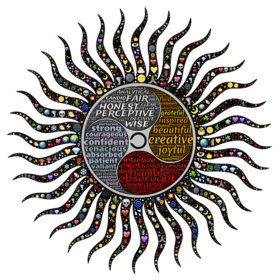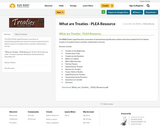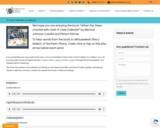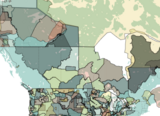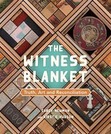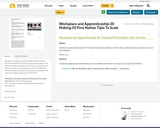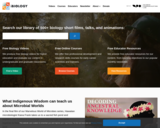A unit for students in grade 6 that explores the causes and consequences of residential schools in Canada.
"Our intention is not only to teach the history, but also to engage our learners in the critical thinking process
so it is no longer just the sharing of information, the critically thinking about what led us to this point in time, and intentionally planning for where we want to go in the future as we walk along the path to Reconciliation.
Reconciliation is both an individual journey as well as a collective journey. Our hope is that this resource will support our students in learning the history present within our community, create intercultural understanding of our complex communities, and help build the unknown future ahead."
The lesson plans in this resource are organized into three lines or units of inquiry. The lines of inquiry
are designed to develop students’ understanding and ability to respond to an overarching question and
challenge:
Overarching inquiry question: What might meaningful reconciliation look like?
Overarching challenge: Create a powerful representation to show what meaningful reconciliation means.
If taught individually, the lessons help students understand various aspects of residential schools and
reconciliation in Canada. As components of a unit of study, these lessons invite critical inquiry into a wider
range of topics and issues relating to reconciliation in Canada.
Each lesson includes detailed instructional strategies and required support materials. These include briefing
sheets, activity sheets, images, and source documents.

